CBME 2023 Guidelines, effective for examinations conducted after August 1, 2023, bring notable changes to passing marks criteria. In a significant announcement, the Rajasthan University of Health Sciences (RUHS) has clarified that these guidelines will apply to all MBBS exams conducted by RUHS post the aforementioned date.
While a circular was released a few days ago, there was initial confusion regarding the applicability of these guidelines to all batches. Sources within RUHS have now confirmed that the revised passing marks and attendance criteria will indeed be applicable to all existing batches.
Under the updated guidelines, students are now required to attain a minimum of 40% in both theory and practical exams separately and a minimum aggregate of 50%. The previous provision for grace marks has been withdrawn.
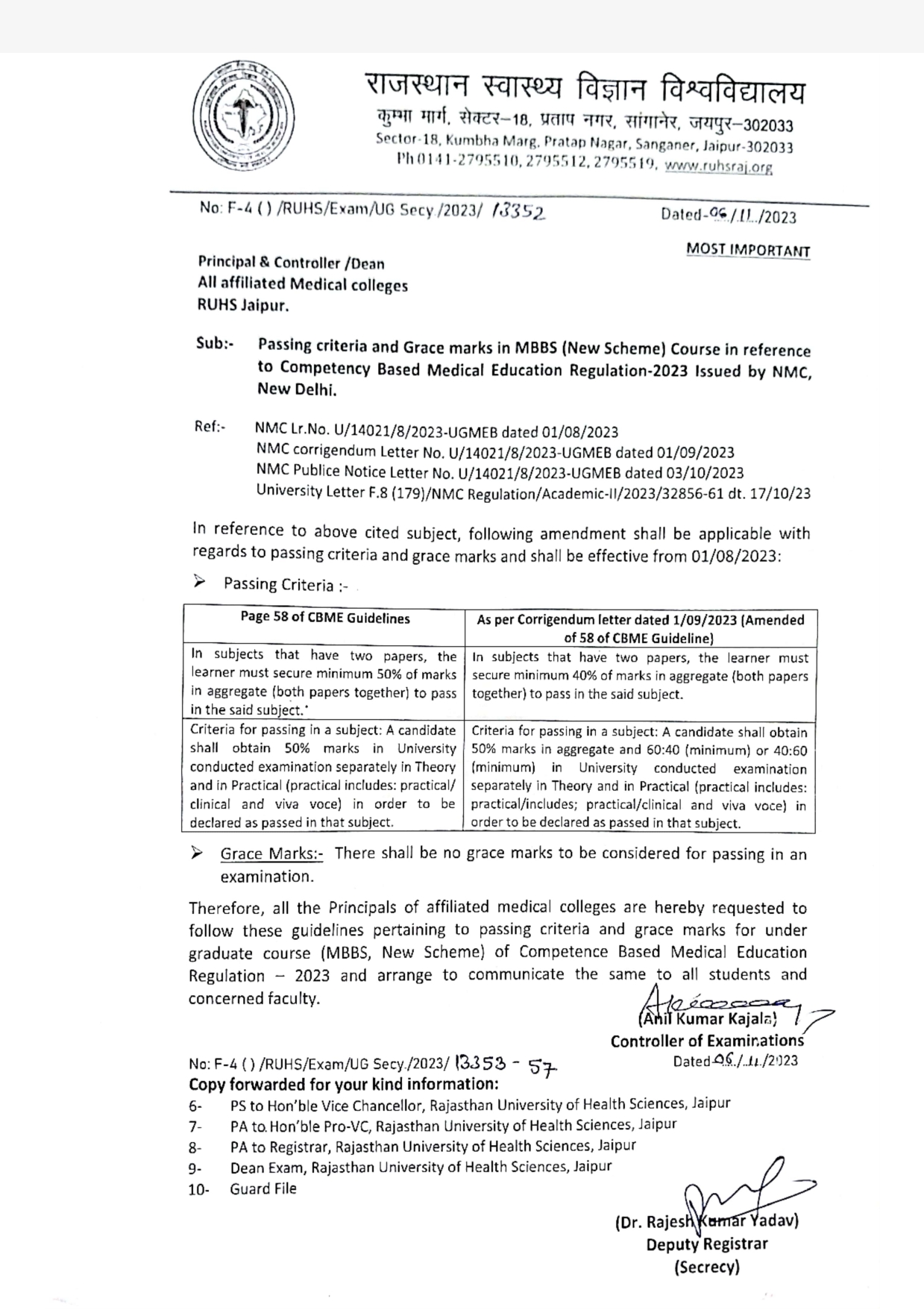
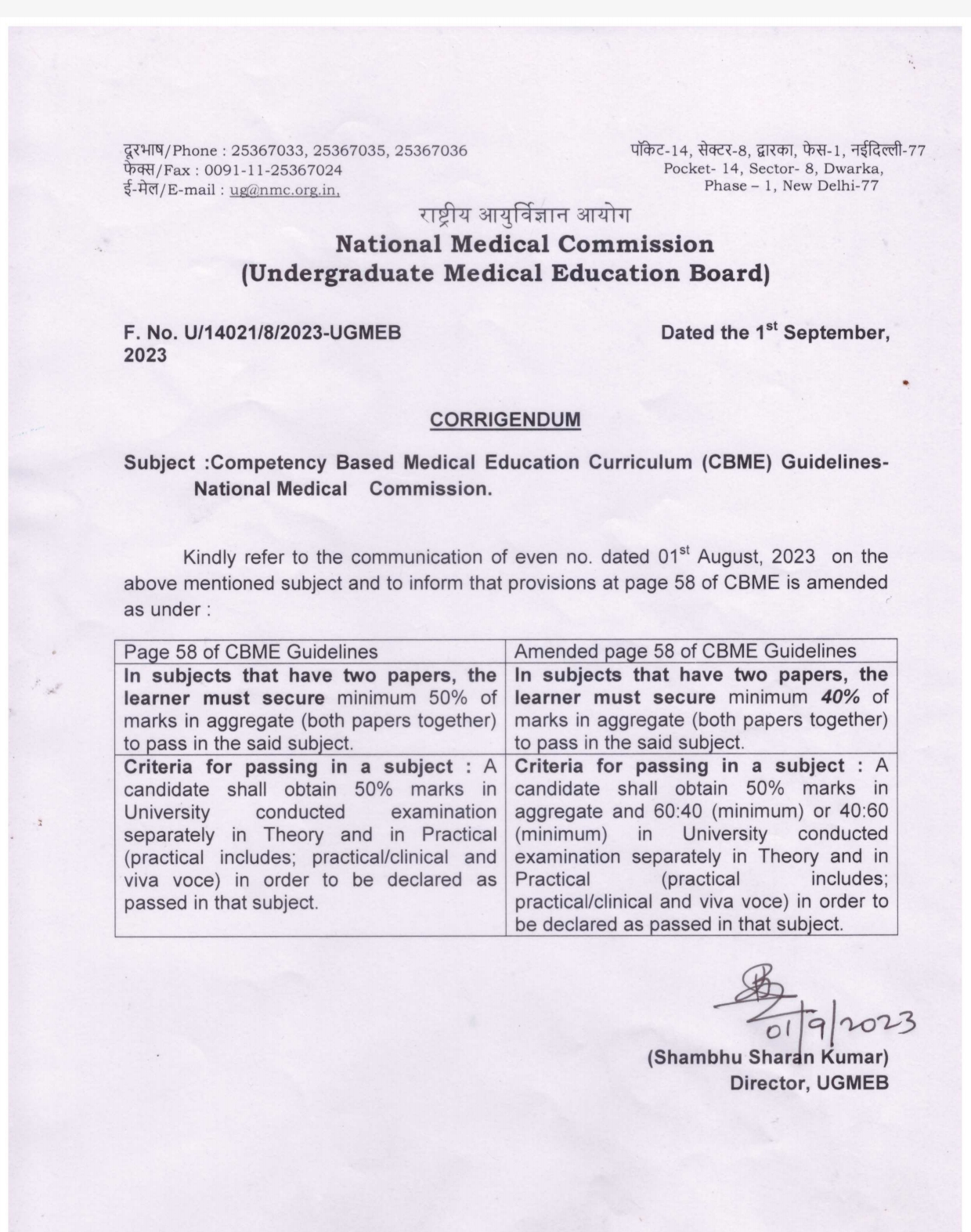
Tracking CBME -2023:
Competency Based Medical Education Curriculum(CBME) Guidelines were published by Under Graduate medical Education Board of National Medical Commission (NMC) on 1st Aug 2023.Through these guidelines NMC has introduced many important changes in MBBS curriculum.
Total course duration permitted for MBBS training:
Every student is required to undergo a minimum period of study extending over 4 ½ academic years, divided into four professional years from the date of commencement of course to the date of completion of examination which shall be followed by one year of compulsory rotating medical internship. The maximum total duration of MBBS course permitted to complete the MBBS course, is ten (10) years including the period of Compulsory Rotating Medical Internship (CRMI). Maximum permitted duration for completion of Internship is 2 years. This is applicable for all MBBS students admitted in 2019 and thereafter.
Applicability:
These guidelines are applicable since the date of publication i.e. from 1st August, 2023 and are applicable for all stake holders, i.e. for every student of every batch admitted to MBBS course since 2019, presently pursuing MBBS course in a medical college/institution which is under the jurisdiction of NMC.
Supplementary examination, if the attendance is inadequate at the time of annual examination:
If the student’s attendance is less than 75% for theory and less than 80% for practical/ clinical training, the student cannot appear in supplementary examination following the regular annual examination. Such student is required to take classes with junior batch commencing in the next academic year to compensate for his attendance deficit, especially the course, he has missed. He will be eligible to appear in the examination in the next academic year only. However, before the commencement of annual examination, the college authorities may arrange for additional classes to compensate for attendance deficit. It shall be at the discretion and purview of the college authorities to arrange for making up deficiencies.
Can a student be allowed to join the classes of the next academic year after appearing for the annual examination?
For 1st MBBS examination: Second MBBS classes/ clinical or practical training shall not start till the results of 1st MBBS are declared. Student shall only be allowed to join 2nd MBBS if he has successfully passed in all subjects in annual/ supplementary examination of 1st MBBS. For 2nd MBBS: A candidate, who fails in the second Professional examination, shall be allowed to join the third Professional Part I training, however he shall not be allowed to appear for the examination unless he has passed second professional examination. 2 For Final MBBS: A candidate who fails in the third Professional (Part I) examination shall be allowed to join third Professional part II training, however he shall not be allowed to appear for the final examination/NExT unless he has passed final first professional examination.
How are the 4 attempts/4 years counted for first year MBBS students?
No student shall be allowed more than four (04) attempts for first year (First Professional MBBS). In these four years, the maximum number of attempts permitted shall be four (4) which include supplementary examination also.
What if a candidate fails complete MBBS Course or mandatory Internship (CRMI) within a stipulated time limit?
If a candidate fails to qualify/complete the course / internship in prescribed time limit, he shall not be allowed to continue the MBBS Course under any circumstances.
MCQ in the annual examination:
The maximum marks to be allotted for MCQ in the annual examination shall be 20. It shall be at the discretion of the University to work out the details.
Marks required for theory examination for passing in the annual examination if there are two papers for a given subject:
The aggregate or sum-total of theory and practical’s for a given subject shall be at least 50% to declare a student as having successfully cleared a subject, i.e. passed in a subject. However, the minimum score in theory/ practical examination shall be at least 40% of the allotted marks. E.g., if the maximum allotted marks are 100, the student shall have to score at least 40 marks out of 100. When there are two papers of 100 marks each, the sum total of two 2 papers shall be 40%, which means that a student has to score a sum-total of 80 marks in both papers out of 200, to be declared as having passed in the subject; provided he scores at least 60% in practical examination. Vice versa shall also be applicable.
( Public notice Dated 03/10/2023 by NMC mentions that this criteria is not applicable retrospecticvely)
No Grace marks in university examination?
There shall be no grace marks in the university examination.
Examiners for annual examination
Each student shall be examined by a set of four examiners, 2 internal and 2 external. Thus even if a supplementary examination is to be conducted for small number of students, 4 examiners are mandatorily required for the student’s evaluation/ performance.
Criteria for being External examiners:
Any faculty, who is not from the college where the students are to be examined, shall be treated as external, even if he is from the same university. However, if possible, examiners from outside the university and preferably from outside the state may be appointed as external examiners. This shall widen the horizons of students and examiners and students across the whole country shall be evaluated more equitably.
No Non-medico faculty members (without MBBS/MD/MS Qualifications) as examiners:
Only MBBS faculty with required qualifications mentioned in guidelines shall be eligible to be appointed as examiners for UG examination at all stages, i.e. both internal examination and final university examinations.
Family adoption program from 2023 batch:
Family adoption program through village outreach is mandatory from MBBS batch admitted in the year 2023-24. Those batches who have introduced FAP shall assess the students as per the assessment module displayed on the website. It is mandatory for all colleges to follow the guidelines mentioned in family adoption program.
No Transfer/migration from one medical college to another medical college:
No student once designated to a Medical Institution shall be allowed to seek transfer/migration to any other Medical Institution under any circumstances.
(Source: CBME -2023 Guidelines released by UGMEB(National Medical Commission ) Dated 01/08/2023)
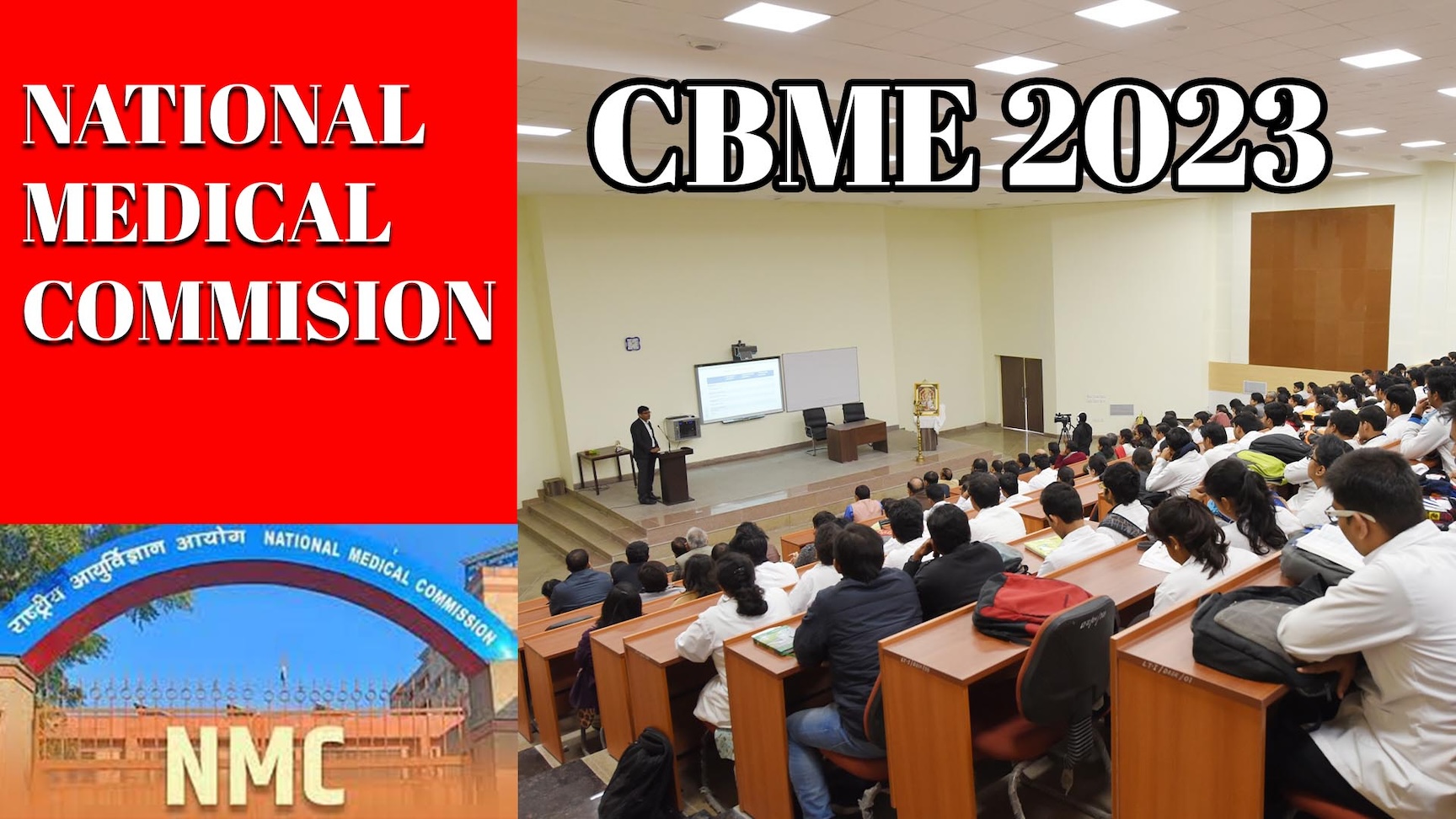
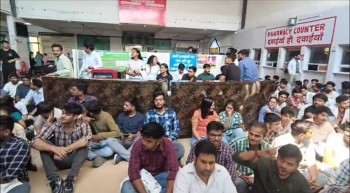
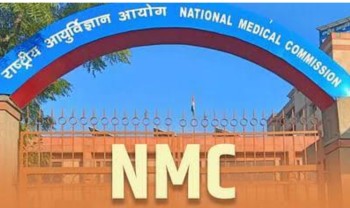

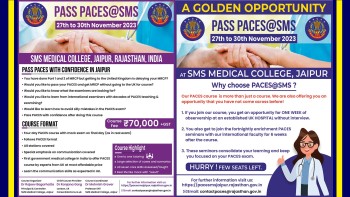
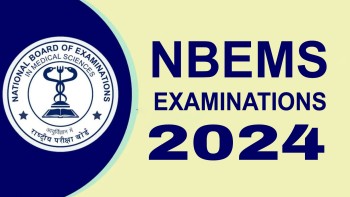
Recent comments
Latest Comments section by users
Guest
Dec 03, 2023
Bullshit. You may get a legal notice for this false info regarding examinership after the verdict by several high courts in favour of PhD faculties. You are requested to rectify immediately.